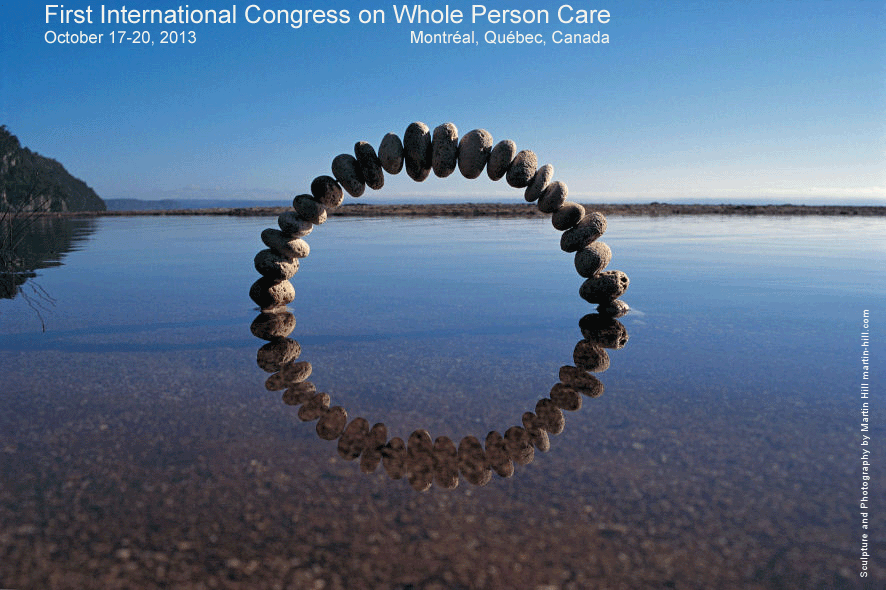Therapeutic Conversations with Seriously Ill People and Their Families
Main Article Content
Abstract
Seriously ill people and those they love encounter health care professionals regularly. Published studies, representing how seriously ill people prefer to be communicated with suggest they would like open, honest and thoughtful communication. Additionally, these studies emphasize that seriously ill people prefer to talk about their illness when they are ready. Medical professionals are often on the frontline of communication with these people. There is a paucity of education on communicating with seriously ill people in professional education spanning many health care professions.
Our workshop will empower participants in all capacities to better communicate with seriously ill people. We will teach not how to communicate information but rather how to have a therapeutic interaction that is consistent with what we know to be true about what seriously ill people value in their communication with their health care team.
We will use patient narratives both oral and video, role play and reflection to convey an easy to implement framework to therapeutic communication.
Session attendees will be able to
1. Understand foundational communication desires of seriously ill people and their families.
2. Describe a framework to approach difficult conversations with a therapeutic intention.
3. Implement practical approaches to enhance their communication with seriously ill patients and families they encounter daily.
Article Details
Authors retain copyright and grant the journal right of first publication with the work simultaneously licensed under a Creative Commons Attribution License that allows others to share the work with an acknowledgement of the work's authorship and initial publication in this journal. Creative Comons 4.0 CC-BY
Authors are able to enter into separate, additional contractual arrangements for the non-exclusive distribution of the journal's published version of the work (e.g., post it to an institutional repository or publish it in a book), with an acknowledgement of its initial publication in this journal.
Authors are permitted and encouraged to post their work online (e.g., in institutional repositories or on their website) prior to and during the submission process, as it can lead to productive exchanges, as well as earlier and greater citation of published work (See The Effect of Open Access).
